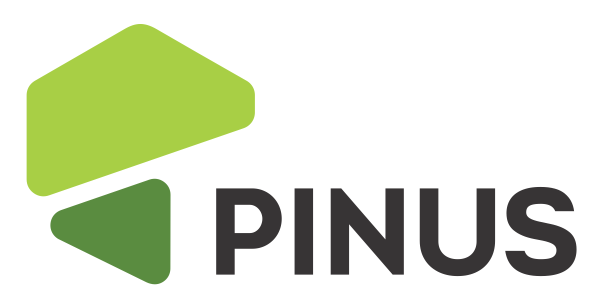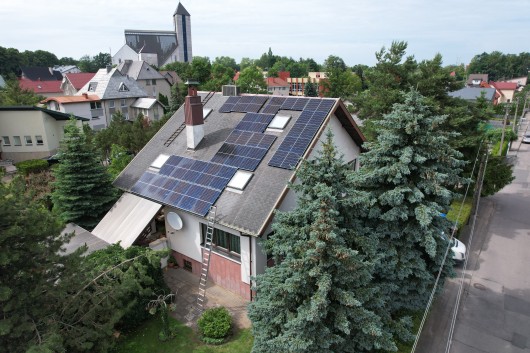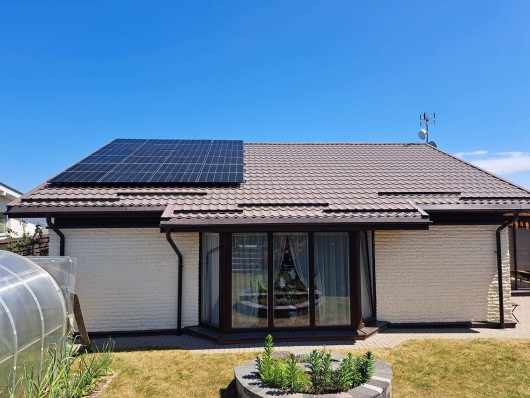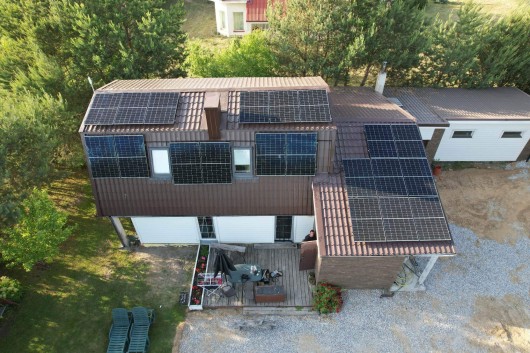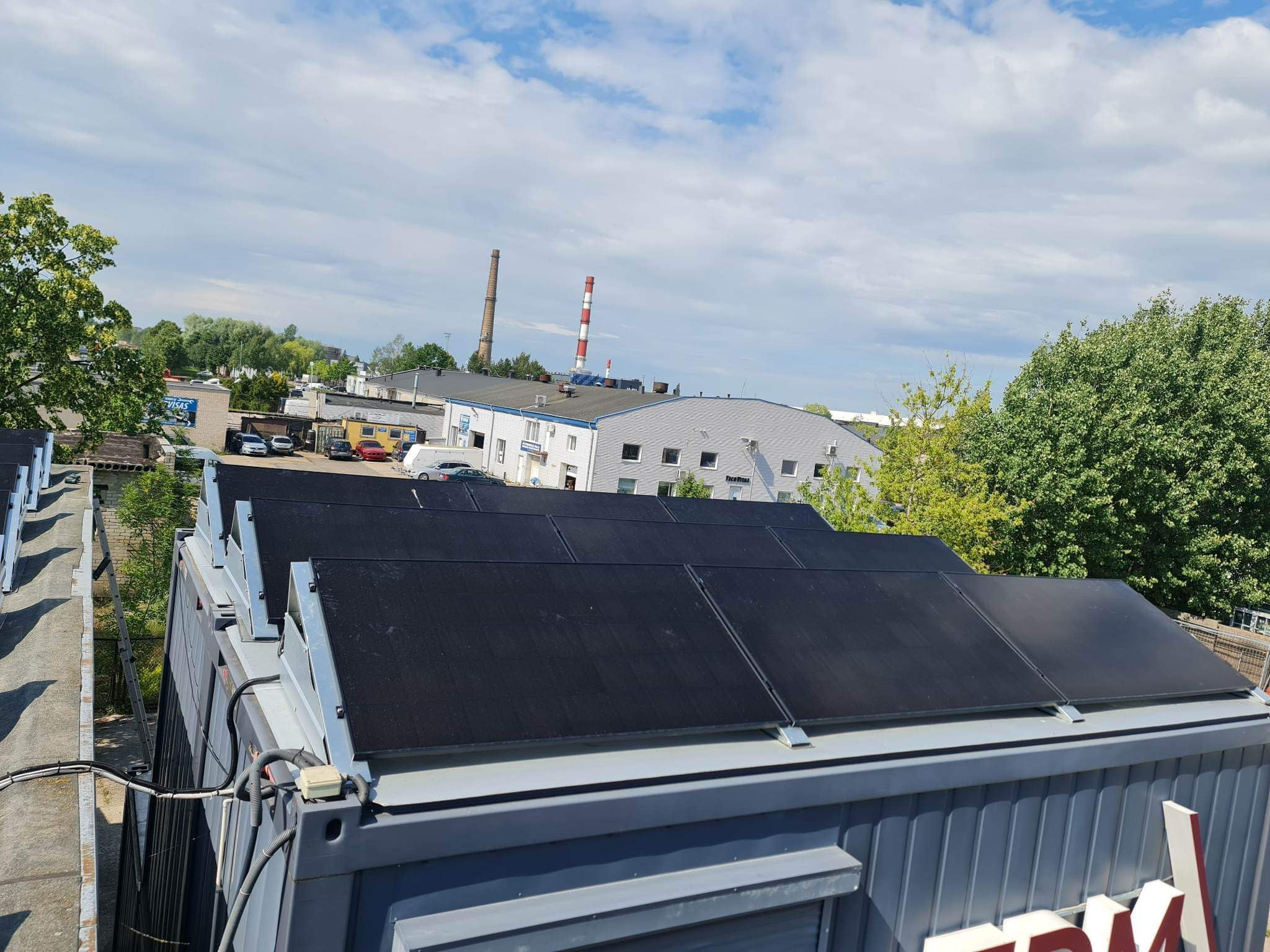Modules
Inverters
Cables
Sets
About us
Sustainable and never-ending energy is the future of all of us. The sooner we become a part of it, embrace its opportunities, the sooner we contribute to a greener future that is in our hands. Pinus LT, UAB is the official representative of "Bluesun Solar" solar electric components in Lithuania. Long-term experience, a flexible approach to customers and the constant pursuit of innovation are our daily routine. We understand that it can be difficult to understand the possibilities of solar power plants without experience. Our goal is to help you not only evaluate the benefits of solar power plants for business and private individuals, but also to provide equipment and installation services that will allow you to take a big and effective step towards a sustainable tomorrow. Parts of solar power plants - solar modules, inverters, batteries, mounting structures, cables and optimizers - directly from the hands of the manufacturer to your home.
We offer
We consult and install solar power plants for private individuals and businesses. We will take care of the entire process, which starts with the detailed planning of the solar power plant installation: from design to installation and finally maintenance of the technical equipment.
If you have any questions, we will be happy to advise you and help you not only to better understand the possibilities and technical differences of the power plant, but also to familiarize yourself with aspects of its maintenance.
Get in touch and start living green, but most importantly - also comfortably and much cheaper.
Components for efficient solar power: home and business
On the journey towards a sustainable life, installing a solar energy system at home or business becomes an extremely attractive alternative to becoming self-sufficient and independent from electricity suppliers. An efficient and functioning solar power plant consists of several main components, the individual role of each of which is extremely important for the overall operation of the system and the efficiency of energy production. After understanding the value of each component and its functions, we can properly draw up a solar power plant installation plan so that each of its links works flawlessly. It is understood that the overall price of the solar power plant will depend on the quality of the component and certain technical features. The main components of the solar power plant, regardless of whether it is installed on the roof of the house or on the ground, would be:
-
Solar batteries
-
Solar cells, often called photovoltaic (PV) panels , modules or panels, are the main elements of any solar energy system. These panels are responsible for converting sunlight into direct current (DC) electricity. Choose high-quality solar panels with optimal efficiency ratings to maximize the energy production potential of your system. The price of a solar battery depends on such technical features as its type, efficiency factor, voltage and power parameters, etc.
-
Mounting structure
-
-
A reliable mounting structure and a structural framework are essential for a reliable attach solar panels to a roof or ground mounted system. Whether it is a fixed, adjustable or tracking mounting system, ensuring proper installation and alignment is critical to maximizing solar absorption and overall system efficiency. In addition, these components ensure stability and durability by protecting the solar panels from external factors such as wind, snow and other environmental factors.
-
Inverters
-
-
Inverters perform one of the most important functions - generating solar panels converts direct current electricity into usable alternating current (AC) electricity that powers your home appliances. To ensure efficient energy conversion and optimal system performance, choose high-quality inverters.
-
Electrical wiring and switchgear
-
-
Efficient electrical installation and switchgear facilitate smooth power supply transmission from the solar panels to your home's electrical system. Quality wiring and appropriate safety mechanisms such as switches and surge protectors are essential to ensure electrical safety and protect the solar system from potential electrical hazards.
-
Monitoring systems
-
-
Monitoring systems such as energy meters and data loggers , the integration allows you to monitor the performance and energy production of your solar system in real time. These monitoring tools provide valuable insights into system performance and allow you to identify potential problems and optimize energy production.
-
Battery storage (optional)
-
-
Adding battery storage to your solar system allows you to store excess solar energy for use in situations where there is too little sunlight or during power outages. Energy storage systems increase your home's energy self-sufficiency by reducing grid dependency and maximizing the use of solar-generated electricity.
By understanding the role of each component in a solar energy system, home and business owners can make informed decisions when planning, installing and maintaining their solar infrastructure. The totality of these components creates a coherent energy production system that promotes energy efficiency and contributes to a cleaner, more sustainable future for generations.
State support for individuals
In Lithuania, the state provides the support of the Environmental Project Management Agency - APVA - to residents who want to install a solar power plant. This support is intended for both individual homeowners and condominium associations.
Support for a solar power plant can be received by a natural person who owns an electricity consumption object (residential single-apartment building, residential apartment or garden building (garden house), which must be registered in the Real Estate Register of the Public Enterprise Register Center.
Support for a solar power plant is given to anyone who wants to install a solar power plant on the roof of the facility or on the ground next to it. It is important to note that the maximum amount of support is allocated to solar power plants with a power of up to 10 kW.
In order to receive state support for a solar power plant, it must also meet certain technical regulations:
-
Equipment must be new and meet EU standards
-
Solar modules must have a product warranty of at least 10 years and at least 25 years of 80%. efficiency guarantee;
-
The voltage converter (inverter) must have a product warranty of at least 5 years;
-
The equipment must have at least IP65 protection against moisture and dust.
Therefore, pay attention before choosing a supplier for your solar power plant that he can really offer you the highest quality production that meets the requirements for support.
Financial advantage of solar collectors - when will it pay off?
While the initial cost of purchasing and installing solar panels can scare off many potential investors, it is important to understand and analyze the payback aspects. Upfront costs, including equipment, installation, and necessary permits, can be a deterrent to those primarily looking for short-term financial gain. Additionally, the return on investment (ROI) schedule for solar panels varies depending on factors such as geographic location, energy consumption, available incentives, and the specific type of solar panel system selected.
Despite these initial hurdles, it is important to understand and analyze the long-term financial benefits of investing in solar panels. As technology continues to improve, the cost of solar panels has come down significantly over the years, making them more affordable for a wider range of consumers. Furthermore, the longevity of solar panels ensures that once installed they can continue to produce electricity for over 25 years, offering a constant and reliable source of energy without incurring additional financial costs. It is estimated that the typical payback of an investment in a solar power plant for an average household, after using APVA support, is 4-6 years.
Solar panels can generate large amounts of energy depending on various factors such as panel efficiency, geographic location, weather conditions and of course the number of panels. It is understood that during the warm season, when the daylight hours are much longer and more direct sunlight is received, the volume of electricity production will also be higher. On average, a standard 1 kilowatt (kW) solar panel system can produce about 4 kWh of electricity per day if it receives about 4-5 hours of direct sunlight. If a solar power plant produces more electricity than is currently consumed, the remaining unused energy can be stored in collectors, sold to the power grid, or stored there to cover the difference in recovering this energy when production is reduced.
Also, the positive impact on property value cannot be overlooked. Homes and businesses equipped with solar panel systems often command higher prices in the real estate market, attracting environmentally conscious buyers who appreciate the opportunity to reduce utility bills and live sustainably.
In summary, although solar modules may seem daunting as an investment due to their cost, the long-term financial benefits and positive environmental impact make it worth considering. Before you start planning your solar plant installation, you need to assess your energy costs so that your plant produces the optimal amount of energy: installing too little electricity will require you to make up the shortfall by purchasing energy from your electricity supplier, while too large a plant means higher installation costs. Continuous advances in technology, along with falling costs and the availability of government incentives, contribute to the overall appeal of solar panel installations.
-
Completed projects
